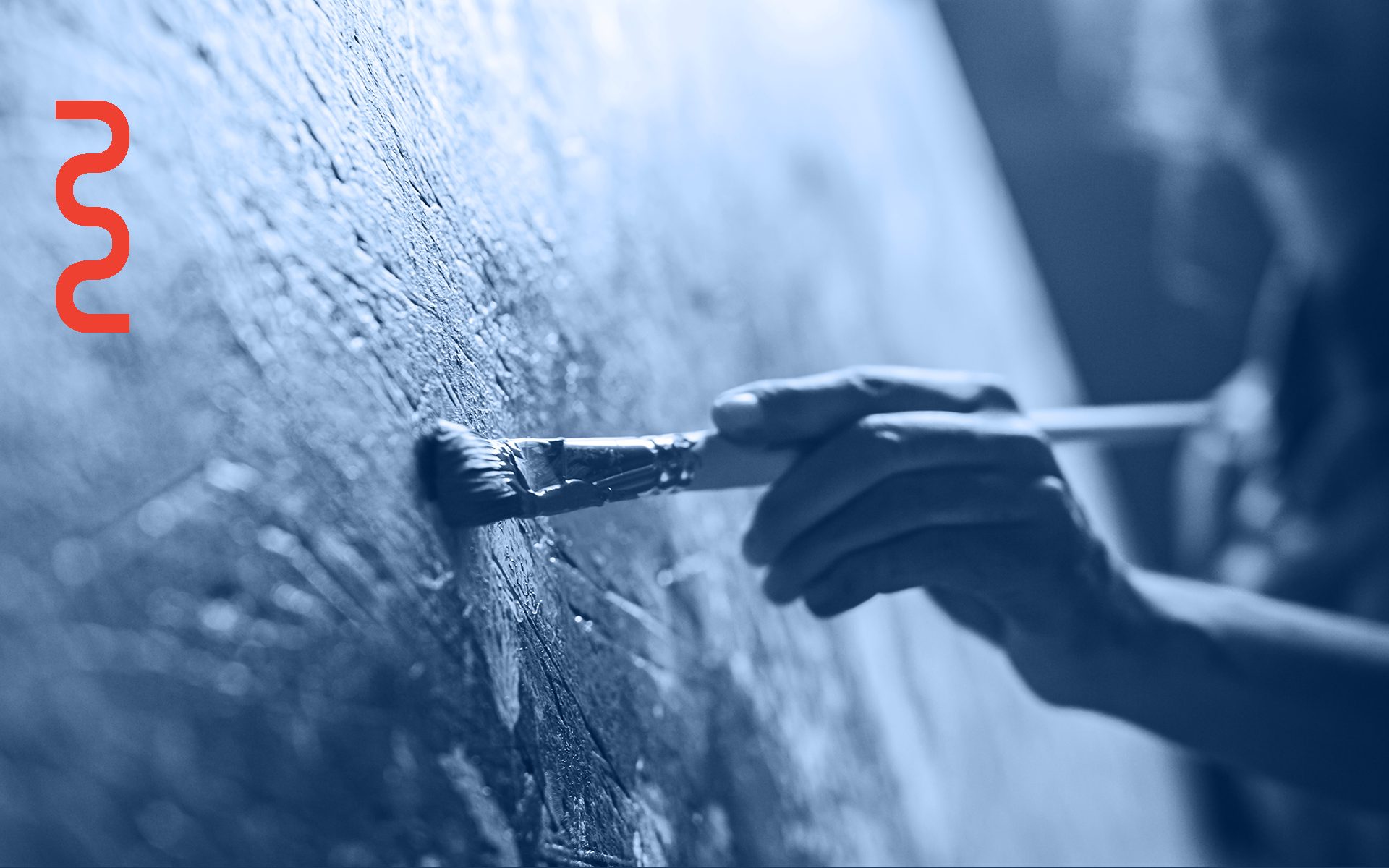Subscribe:
This article was written by Mahin Siddiki.
Once upon a time, creativity was your superpower. Your ambition to succeed was unmatched and your creative drive was your guiding light. But now, after years of navigating deadlines, expectations, and maybe even a few hard-won successes, you find yourself wondering: Where did that creative spark go?
When creativity feels distant—lost to routine, burnout, or the sheer weight of responsibilities and expectations—how do you find your way back to it? For Ann-Marie MacDonald, acclaimed novelist, actor, and playwright, the secret lies in curiosity.
“The refreshment of your own curiosity, that’s the secret pool. That’s the elixir,” she said on the McGill Delve podcast.
Drawing from her own multidisciplinary career, MacDonald reflected on the creative act, where her own spark comes from, and how to rekindle and maintain it throughout one’s life.
As an artist, these are essential questions for her. But creativity is crucial for managers and leaders, too. It helps them navigate complex challenges and fuels insight, problem-solving, and adaptability. For entrepreneurs, it’s the driving force behind innovation, idea generation, and their ability to spot opportunities others might miss.
How do we ensure we are creative even when we hit a slump?
From joyous rage to restless curiosity
For MacDonald, her journey began with a joyous rage. And a fear of failure. Or perhaps a mix of both. In the early days of her career, she had a burning desire to prove something to the world and to leave her mark. This propelled her to try new things, write ambitious stories, and pursue the career that she dreamed of. But after experiencing a few successes, she had made her point. She needed a new source of fuel.
Then, she had a realization.
“Oh no,” she said. “I appear to have a skill set. Now I have to do what I do well. It’s no longer aspirational.”
Over time, all professionals cultivate a toolkit—a set of skills, habits, and knowledge honed through experience. These tools become a foundation, something to lean on when inspiration wavers and motivation feels out of reach.
“You’re a professional, you’re actually an expert,” said MacDonald. “What are you going to do with those tools?”
Just as project managers know their way around a Gantt chart, MacDonald knows the tools of her trade. She can craft a mystery, pace a story, and build believable characters. She could choose any genre and put these skills to work to create a good piece of writing.
But even when she tried taking such a mechanical approach to her work – to simply make a “product,” as she put it – she found herself disappointed.
“It compelled me not in the slightest,” she said. Her work didn’t make her curious.
For MacDonald, ongoing creativity begins with curiosity—the instinct to explore, ask questions, and follow unexpected threads of thought. Observational skills further deepen this instinct. By paying close attention to our surroundings and picking up on subtle patterns, we expand the space for our imagination to flourish.
MacDonald applies these principles when she writes a story. She gets to know her characters as she’s creating them. If her protagonist is a family doctor, she’ll learn what she can about family medicine so she can guide her character through the plot. Not unlike a manager, she listens to her cast and crew of characters and aligns them towards a common goal: story.
A product development manager might engage in a similar process when dreaming up new things to create for consumers. They’ll pay attention to consumer needs and market trends, ask questions, and then guide a team of skilled workers to create a product and test it. And just as a writer edits a novel, the product might go through several iterations before hitting store shelves. The creation process involves being curious about consumer needs, gathering feedback on the product, and making continuous adjustments.
“Creativity is really a circle, right? Input, processing, putting it out there, seeing what the reactions are,” said MacDonald. “It’s an attitude, it’s a way of listening.”
Ann-Marie MacDonald expands on these points and more on the McGill Delve podcast. Listen here or search “McGill Delve” in your favourite podcast player.










